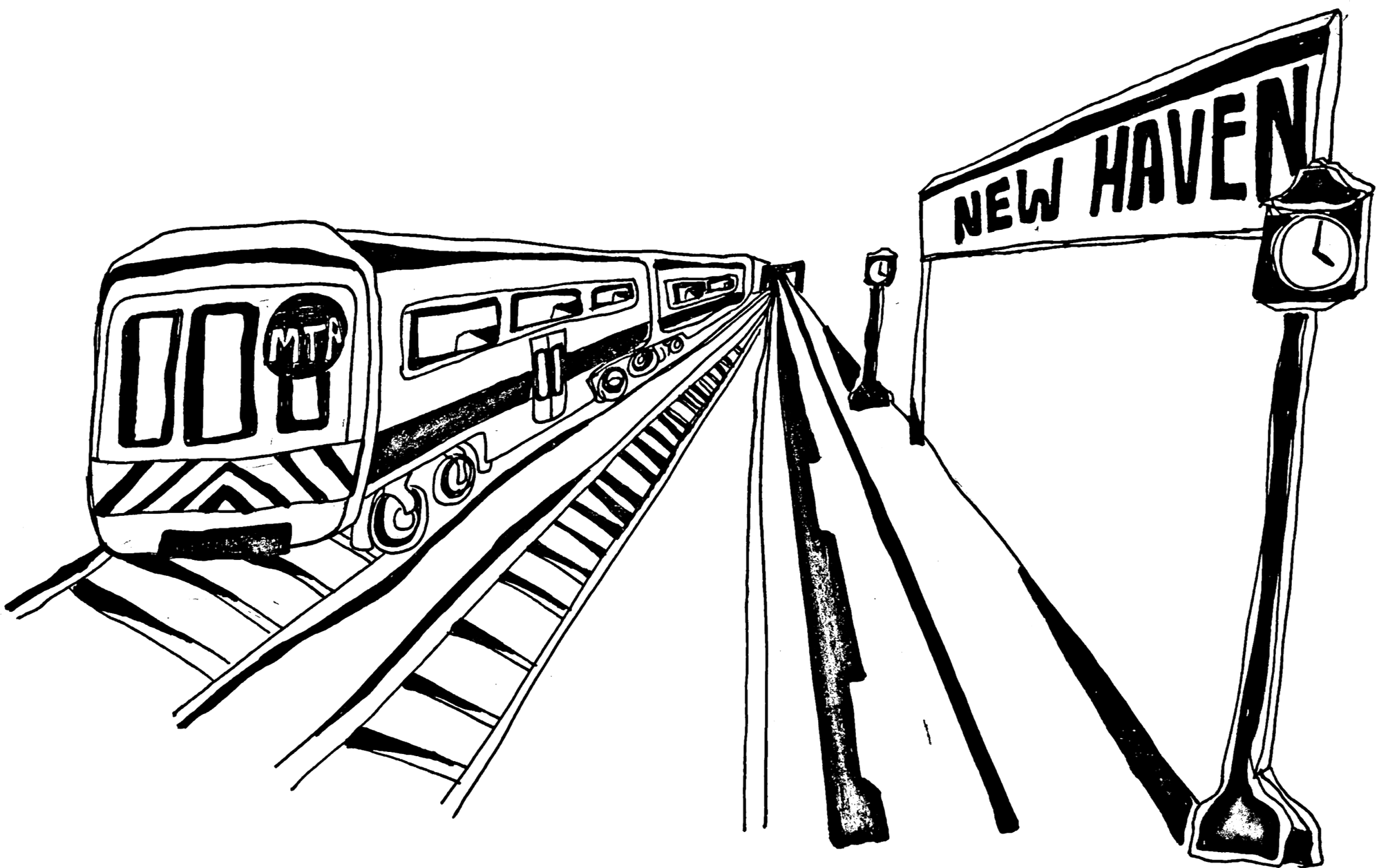
Sammy Westfall
It was 11 p.m. on a Saturday night, and I was sitting in the basement of the Brooklyn Public Library watching a Karl Marx puppet rap about the dangers of artificial intelligence. Like many odd experiences in the modern age, this one had started with a Facebook event. The New York Times had shared a link with an invitation to “A Night of Philosophy and Ideas,” to be held in the Brooklyn Public Library. This nocturnal marathon of thought seemed to ooze intrigue and intellectualism, so I bought a round-trip ticket on the Metro-North to New York.
Honestly, I don’t know a lot about philosophy. I once managed to say something intelligent in a conversation about Kant, but that’s only because I binged the first two seasons of “The Good Place” over Thanksgiving break. I’ve always loved the idea of philosophy, though. The event lasted from 7 p.m. to 7 a.m., which I figured was more than enough time to at least take a crack at a handful of humanity’s most urgent questions and maybe even have an existential crisis or two because that’s what philosophers do, right? I enlisted my friend Mourad as a travel buddy for the trip. Considering he actually knows something about philosophy and once used the word “dialectic” in conversation, I figured he would be the perfect companion for this quest to achieve self-actualization through thought.
We arrived in Brooklyn eager to expand our understanding of the universe and screw up our circadian rhythms in one fell swoop. The event was divided into 30-minute mini-lectures, with each talk covering a different topic, from special relativity to Voltaire to medical ethics. As evening turned to night, my enthusiasm drained — we sat on the floor of claustrophobically crowded rooms listening to arguments I could barely follow. I began to question the relevance of the theses being spat at us from these podiums, and I soon felt a guilty nudge of boredom. Judging by the number of audience members scrolling through their phones, though, I don’t think anyone’s worldview was being radically expanded that night. Then, of course, came the puppet show, which included a scene where a reincarnated Ayn Rand threatened to bring Hitler back to life. After that heavy-hitting drama, Mourad and I agreed that we needed a little fresh air.
Standing in the unseasonably warm February night, the both of us came to the realization that we were not going to make it to 7 a.m. It was nearing midnight, and all I had learned was that marionettes might not be the best medium for a nuanced discussion of philosophy. Although we weren’t quite ready to give up our romantic visions for the event, the gravity of our beds back in New Haven proved stronger than our loyalty to “A Night of Philosophy and Ideas.”
As we leaned against the railing on the subway platform, I realized there’s a certain sense of clear-eyed awe that accompanies nighttime in New York. Without a hint of pretension or melodrama, Mourad remarked that the world is terrifyingly large. The rush of air from a departing train seemed to be the city sighing in agreement. On the subway ride back to Manhattan, we talked about our fears and our hopes and the not-so-subtle ways they intertwine. We talked about books and expectations and what it means to be young and entirely overwhelmed. Our conversation did not tackle metaphysics or morality. We simply discussed the things in our lives that are so small that they seem unimportant. Between the two of us, there was no need for arguments to be defined, theses to be established or evidence to be laid out. We spoke with the understated humility that comes from the knowledge that we have no idea what we’re doing, but really, is there anyone who does?
I don’t know a lot about philosophy, but I do know that there is so much in our world that doesn’t make sense. We say and do things that wound others, we agonize over uncertain futures, we listen to that one song even though it makes us cry each time. We insist on filling our brief existence with love, even though that means opening the door for hurt. Our world is full of confusion, full of questions that I’m not sure can be answered by any book or lecture. If these answers exist, I think the best place to start is with a friend, some time and a willingness to think and to feel in equal measure. But maybe there are no conclusions to be drawn. Maybe the best we can hope for is to feel a little less alone in our wondering.
On the 1:46 a.m. train back to New Haven, tucked into the very last row of the car, we talked in hushed tones, making space for these unanswered questions and growing comfortable with uncertainty, our fellow traveller in life. When we grew tired, the gentle railroad rumble and the music of Radiohead that played through shared earbuds became the soundtrack to our thoughts. I closed my eyes but found myself too exhausted to sleep. Or else, I was just reluctant to leave behind what had become our very own night of philosophy and ideas.
Elizabeth Hopkinson | elizabeth.hopkinson@yale.edu .







